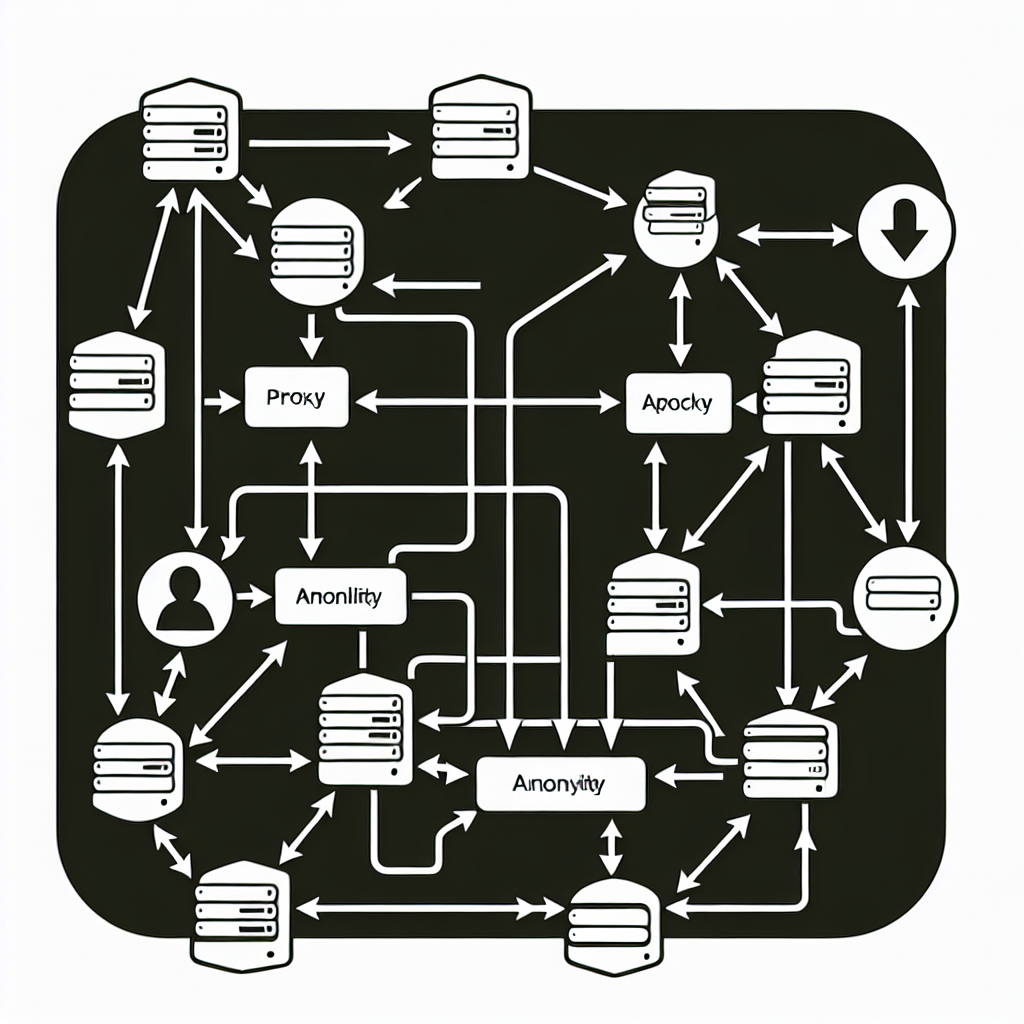Anonymity Levels in Proxy Usage: A Beginner's Guide
In the vast digital landscape, where privacy can feel as elusive as a wisp of smoke, proxies serve as our stalwart guardians, standing between us and the prying eyes of the internet. But not all proxies are created equal; they come with varying levels of anonymity. Understanding these anonymity levels is akin to knowing the differences between a raincoat and an umbrella—they both offer protection from the rain but in subtly different ways. Let’s take a closer look at what anonymity levels mean, how they function, and why they matter for proxy users.
What are Anonymity Levels?
Anonymity levels refer to the degree to which a proxy hides your identity while you browse online. Think of it as a spectrum, with varying degrees of privacy and security. Generally, proxies can be classified into three main levels of anonymity:
-
Transparent Proxies: These proxies are like that overly enthusiastic friend who insists on introducing you to everyone at a party. They do not hide your IP address and may even reveal that you're using a proxy. This level provides little to no anonymity, making it unsuitable for those who value their privacy.
-
Anonymous Proxies: These proxies offer a middle ground, like a well-mannered guest who respects your need for personal space. They hide your IP address but still identify themselves as proxies. While you remain somewhat anonymous, websites can still see that you're using a proxy, which may raise a few eyebrows.
-
Elite (or High Anonymity) Proxies: These are the stealthy ninjas of the proxy world. They not only hide your IP address but also do not reveal themselves as proxies. Websites see only a masked IP address, ensuring that your identity remains shrouded in mystery. This level provides the highest degree of anonymity and is ideal for users seeking privacy.
How Does it Work?
At a fundamental level, a proxy works by acting as an intermediary between your device and the internet. When you request a webpage, the proxy server fetches it on your behalf and sends it back to you. Here’s a simple breakdown:
- You: Initiate a request to access a website.
- Proxy Server: Receives your request, replaces your IP address with its own, and sends the request to the target website.
- Target Website: Sees only the proxy’s IP address, not yours.
- Proxy Server: Fetches the website data and sends it back to you.
The effectiveness of this process hinges on the anonymity level of the proxy being used. The more anonymous the proxy, the less likely it is for your online activities to be traced back to you.
Why is it Important for Proxy Users?
Understanding the levels of anonymity is crucial for several reasons:
-
Privacy Protection: In a world where data breaches and surveillance are rampant, protecting your online identity is paramount. Higher anonymity levels ensure that your personal information is safeguarded.
-
Avoiding Censorship: Some regions impose strict internet censorship. High anonymity proxies can help users bypass these restrictions without fear of detection.
-
Enhanced Security: Using a high anonymity proxy can protect you from malicious actors looking to exploit your information. It adds an extra layer of security, much like wearing a helmet while riding a bike.
A Simple Real-World Example
Imagine you’re at a bustling café, trying to remain inconspicuous while reading up on sensitive topics. You have three options for how to connect to the café's Wi-Fi:
-
With a Transparent Proxy: You’re like a loud, clumsy tourist asking for directions—everyone can see you and your intentions. The café staff and other patrons can easily tell you’re using a proxy and might even overhear your conversation.
-
With an Anonymous Proxy: You’re now a regular café-goer, blending in nicely while still using a proxy. People might suspect something is off, but they can’t see your exact intentions.
-
With an Elite Proxy: Here, you’re the mysterious stranger in the corner, quietly sipping your coffee while browsing undetected. No one knows you’re using a proxy, and your activities remain your own.
In this digital age, choosing the right anonymity level when using a proxy is essential for maintaining privacy, evading censorship, and enhancing security. So, whether you’re a casual browser or a digital sleuth, knowing your anonymity options can empower you in the vast and often unpredictable online wilderness.

Comments (0)
There are no comments here yet, you can be the first!